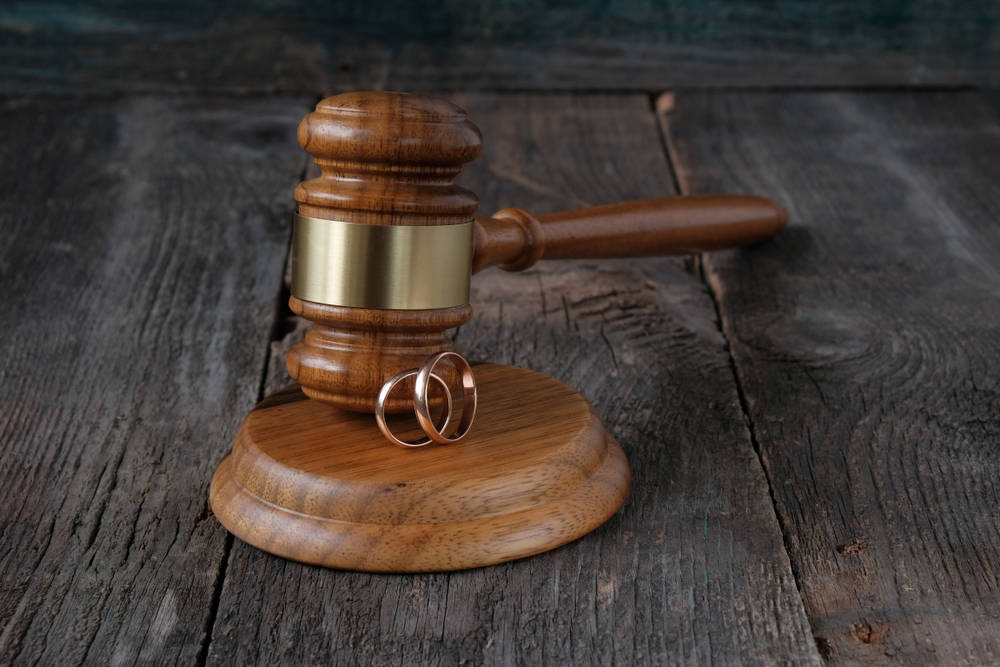By BECKY BOHRER
Associated Press
A state court judge on Monday ruled enforcement of witness requirements for absentee ballots in Alaska during a pandemic “impermissibly burdens the right to vote” but did not immediately put into effect an order eliminating the requirement for the general election.
Superior Court Judge Dani Crosby gave the parties until late Tuesday to propose how the Division of Elections should communicate the message and said she would later issue an order “specifying how to implement elimination” of the requirement for the Nov. 3 election.
She noted the state might appeal to the Alaska Supreme Court.
Maria Bahr, a Department of Law spokesperson, said Crosby’s decision “makes it clear that the injunction is not yet in effect — meaning the requirement for signature witnesses is still in place.” The department, in consultation with the division, “is evaluating the decision and considering possible options,” Bahr said by email.
[City nixes signature requirement for October local election]
The case was brought by Arctic Village Council, a tribal government; the League of Women Voters of Alaska; and two individuals who have cited health concerns amid the COVID-19 pandemic. Their attorneys argued the witness requirement is unconstitutional during the pandemic and a bar to voting for those who don’t live with someone who can be a witness.
In arguments before Crosby last week, Lael Harrison, an attorney for the state, said a change in requirements so close to the election could cause voter confusion and said the Division of Elections is concerned about its credibility with voters.
Attorneys for the state previously said ballot envelopes listing the requirement had been printed and that the plaintiffs “inexcusably” waited until September to sue.
Crosby, in her written ruling, said the pandemic “is a shifty beast” and that the plaintiffs were not unreasonable in waiting to sue until they did. She disagreed with concerns that processing ballots without a witness signature would be a hassle.
She also said, based on the record before her, she could not find the witness requirement is an effective tool for detecting voter fraud. Other aspects of Alaska election law “ensure the integrity of absentee voting,” including requirements that voters provide identification and sign absentee ballots under penalty of perjury, she said.
Crosby also disagreed that a late change could damage voter confidence in the Division of Elections.
“Given the widespread effects of the pandemic on every aspect of daily life, voters would understand that, for this election only, it is important to protect individuals’ rights to protect their health and to vote,” she wrote. Eliminating the witness requirement for this purpose could bolster confidence, “showing that even during a pandemic, the state will maximize our citizens’ opportunities to vote safely,” she added.
• This is an Associated Press report.

